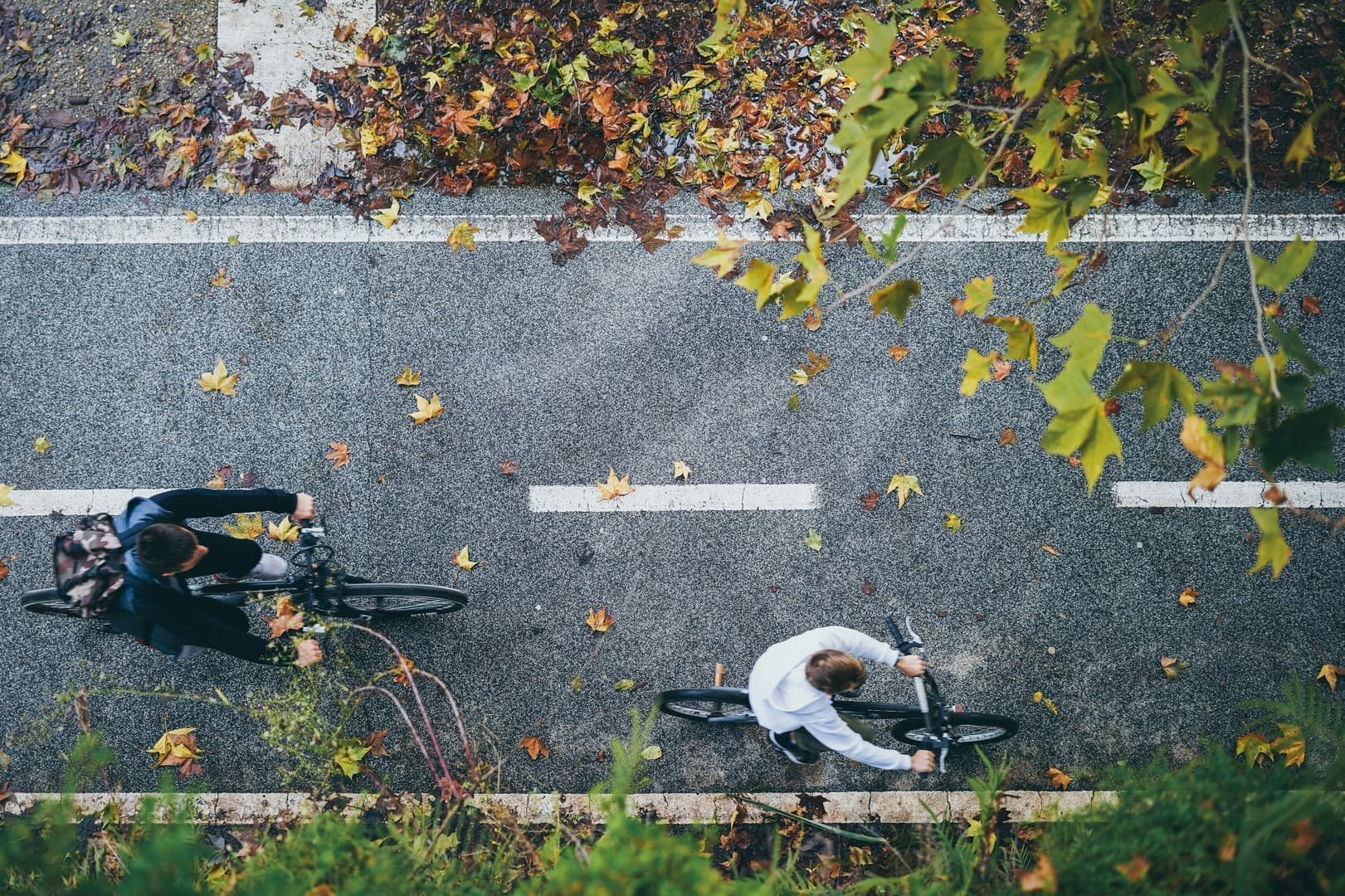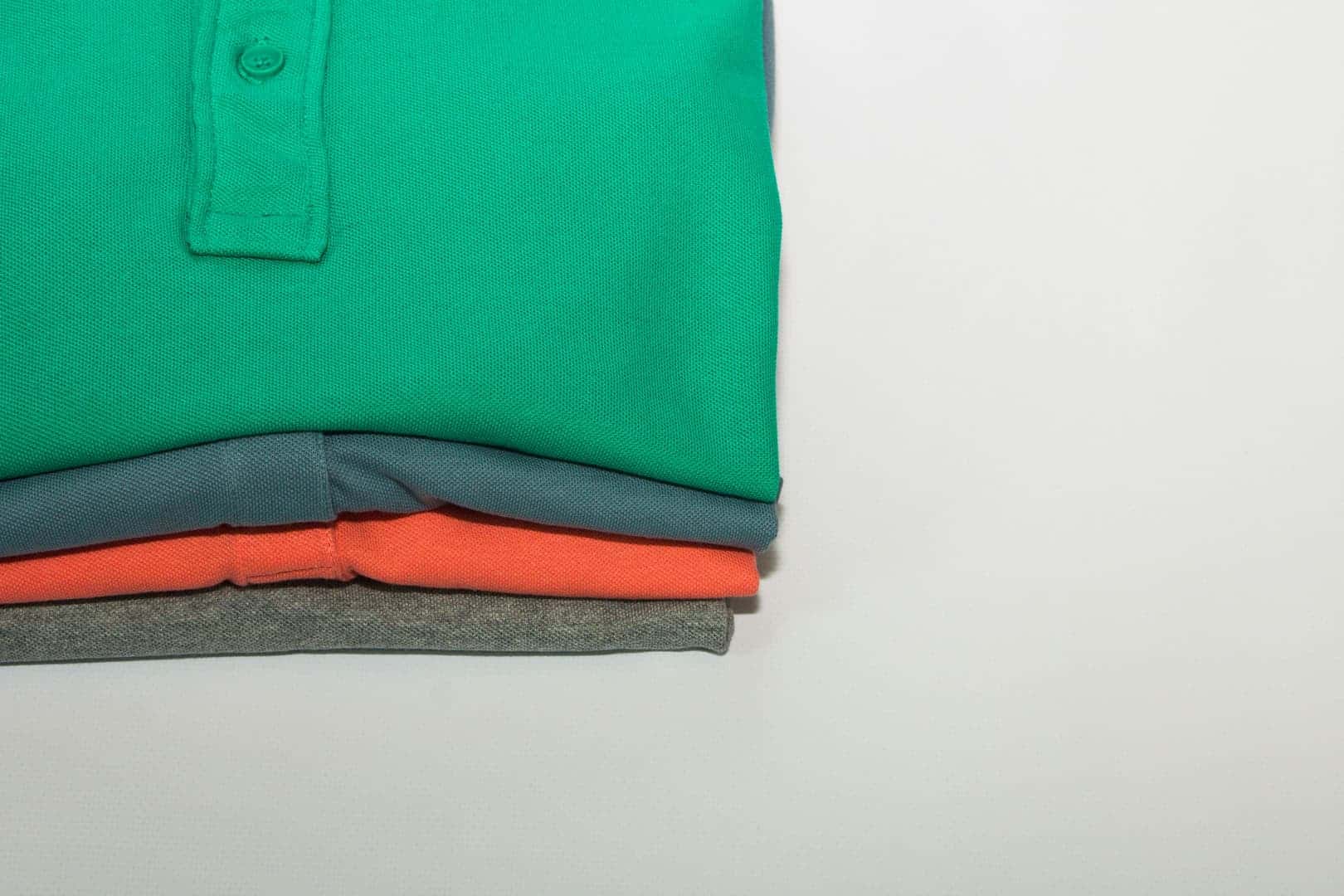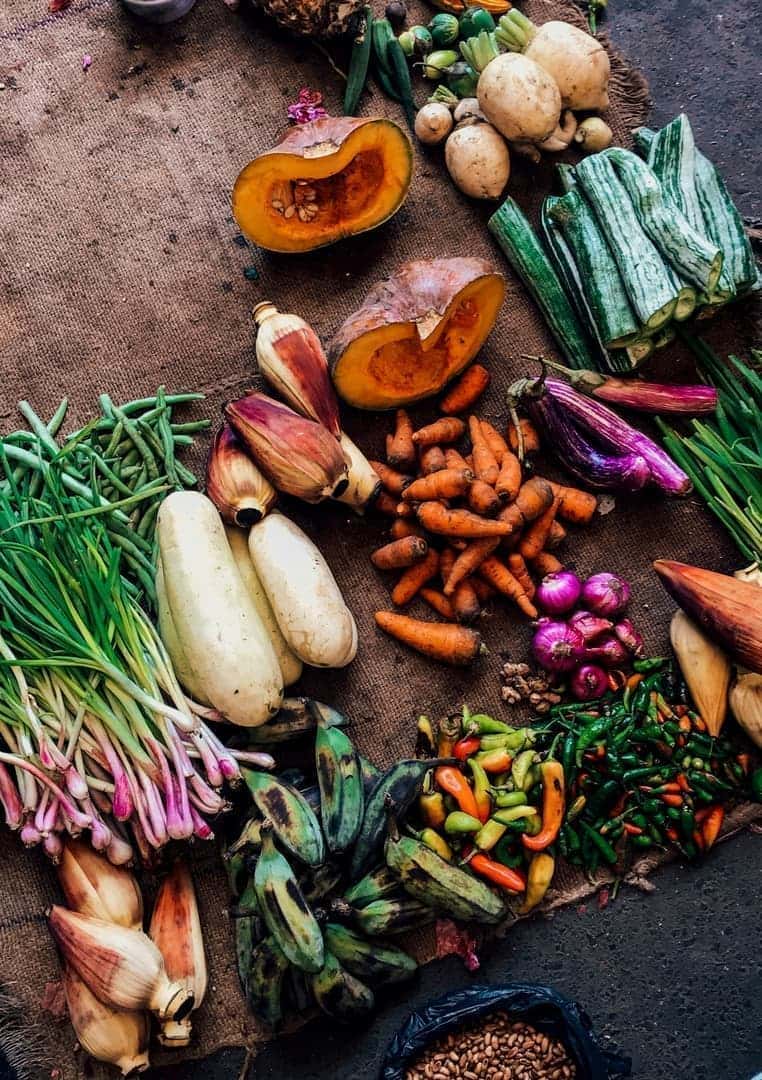
Moving smarter: bike, carpool, train — greener travel habits for 2025
Mobility is changing fast. With fuel prices rising and awareness growing, Europeans are reinventing daily travel. Fewer cars, more sharing, more trains: here's how to move smarter, cheaper, and cleaner in 2025.
1. The bike comeback
Cycling lanes have doubled across European capitals. In Paris, Amsterdam, Milan — 70% of trips under 5 km are now by bike. Cities invest in secure parking, bike-sharing networks, and dedicated lanes. With e-bikes becoming affordable, even hilly commutes are now feasible. It's faster than driving in traffic, healthier, and costs almost nothing. For tips on cycling safely through autumn weather, check our guide on cycling through autumn.
2. Smarter carpooling
Apps like BlaBlaCar Daily or Karos reward regular drivers. A shared commute saves roughly 1 ton of CO₂ per year. Carpooling lanes in major cities now offer faster routes, making it practical as well as ecological. Many companies also incentivize employees who share rides, with bonuses or priority parking spots.
3. Regional train revival
Old lines reopen with youth and senior discounts. Slow travel returns: less stress, more scenery. Regional trains connect suburbs to city centers efficiently. Night trains across Europe are back, making long-distance trips car-free and affordable. Train subscriptions like Interrail now target commuters, not just tourists.
4. Sustainable mobility bonuses
France offers up to €800 for e-bikes. Belgium and Germany give carpool or combo pass subsidies. Many regions now provide financial support for ditching second cars. These bonuses make green mobility accessible to all income levels, not just early adopters. Check your local government website for current programs.
5. Remote work = clean miles
Two telework days per week save 500 kg CO₂ yearly. It's the simplest form of sustainable mobility: not traveling at all when unnecessary. Flexible work policies reduce peak-hour congestion and improve quality of life. Many workers report better productivity and mental health with fewer commutes. For ways to reduce stress while working from home, read our article on reducing stress through green routines.
People also ask
What's the best car alternative?
Bike for short trips under 5 km, train for long distances. Carpooling works well for regular commutes where public transport is limited.
How to calculate transport footprint?
Use the EcoMobility or ADEME online tool. They account for vehicle type, distance, and occupancy to give accurate CO₂ estimates.
Is carpooling really profitable?
Yes, up to 50% cost reduction. Fuel, tolls, and parking are shared. Plus many countries now offer tax breaks or bonuses for regular carpoolers.
Conclusion: Changing how we move changes how we live. Every shared trip, every pedal stroke brings us closer to a slower, freer, more sustainable daily life. The best mobility solution isn't always the fastest — it's the one that fits your needs while respecting the planet.
About the author:
Alexandre Dubois is a European sustainability enthusiast who shares practical, tested tips for everyday life. From saving on household energy to reducing waste, he focuses on simple changes that deliver real impact. He writes from personal experience, testing solutions in his own home before recommending them. Contact: info@greendailyfix.com
Related posts

Reconnecting with Nature in the City: 5 Simple Ways to Make It Happen
Living in a city doesn't mean living apart from nature. Amid noise, screens, and constant motion, we often forget that life still thrives all around us. In 2025, urban biophilia inspires new ways to slow down, breathe, and feel connected again.

Sustainable Fashion 2025: How to Dress Without Harming the Planet
Every year, the world produces over 100 billion garments — and more than half end up unused or discarded. In 2025, sustainable fashion is no longer a niche trend but an environmental and economic necessity. Here's how to dress consciously without giving up style.

Water, the Blue Gold: 7 Simple Habits to Save Without Sacrificing Comfort
In Europe, each household still uses around 140 liters of water per person per day. Yet most of it can be saved without giving up comfort. Here are seven practical, easy-to-adopt habits to cut your bill and protect this vital resource.

Seasonal Organic Baskets: Saving Money, Eating Better, and Doing Good
With rising food prices and a renewed focus on health, local organic baskets are making a comeback. Weekly boxes from nearby farms deliver fresh, seasonal produce straight to your kitchen — less packaging, less transport, often at a lower cost than supermarkets. But are they truly worth it? And how do you find the right one?